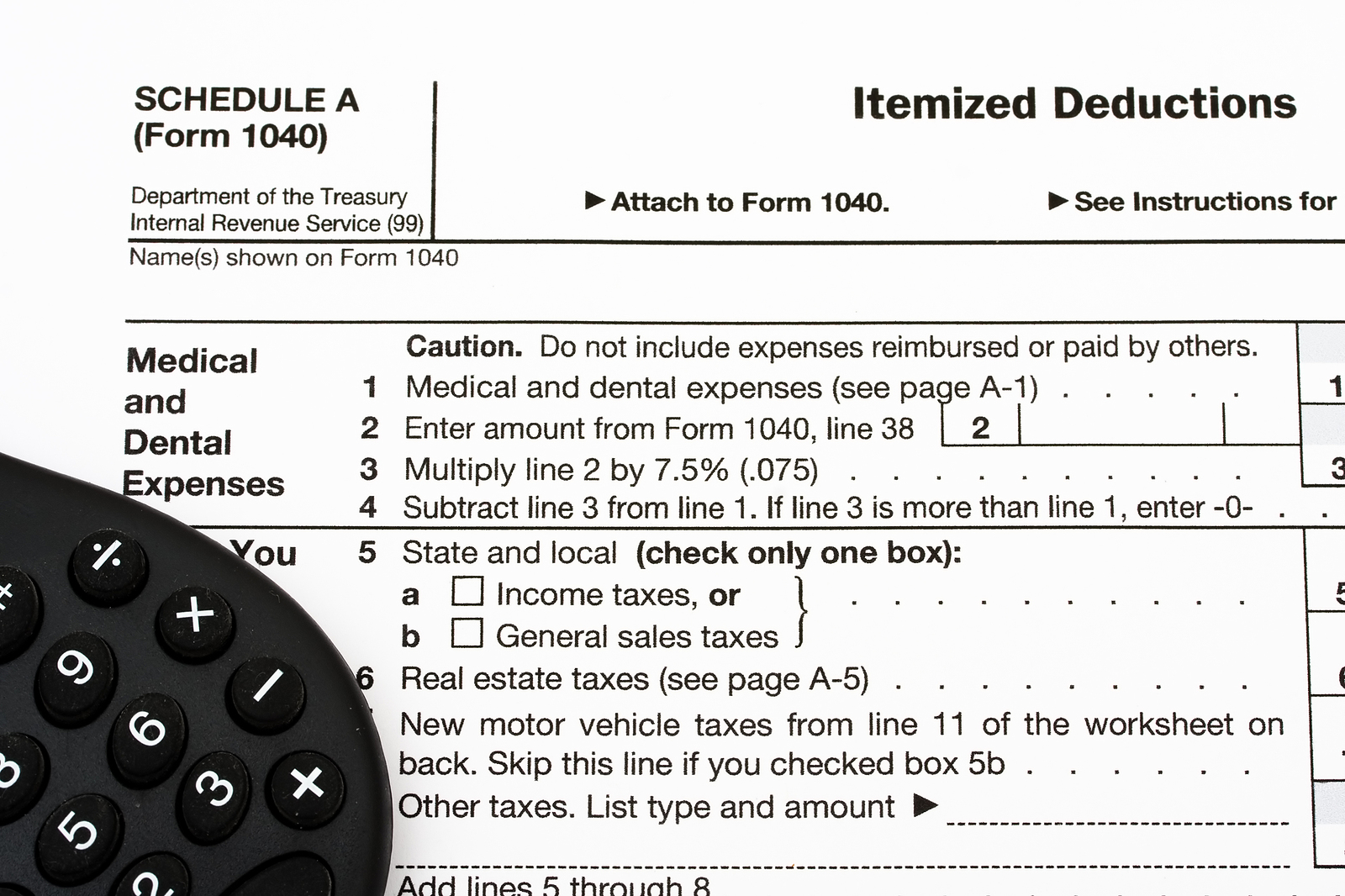Most people assume their tax preparer's job is done once their tax return is filed. But what happens if, months or even years later, the IRS sends a notice or requests more information? Not all tax service providers offer long-term support after tax season, which can leave taxpayers scrambling to respond to IRS inquiries on their own. Myrick CPA takes a different approach. Our Tax Service Guarantee provides ongoing protection, ensuring that if the IRS or state tax authorities reach out, you have a trusted professional handling the situation from start to finish.
The 2024 tax season brings with it a new sense of uncertainty and confusion, which can make it feel even more stressful than usual. Proposed tax law changes from an incoming Presidential administration could include retroactive adjustments, potentially affecting your financial plans for the year. While all of this might seem overwhelming, the right strategies and a proactive approach can help you stay ahead of the curve.
Crowdfunding has become a popular way to raise funds for everything from new business ventures to charitable causes. Platforms like Kickstarter and GoFundMe make it easy to reach a wide audience and gather financial support, but if you’re organizing a crowdfunding campaign, it’s essential to understand the tax obligations that come with those contributions. In some cases, money raised through these platforms may be subject to income tax, requiring careful record keeping and reporting.

Tax season. It's the time of year when all eyes are on finances, while many eagerly anticipate a tax refund they see as a financial windfall. While everyone loves to have more money show up in their bank account from the IRS, refunds aren't the be-all and end-all when it comes to successful tax planning. Before you put all your eggs in the refund basket, let's explore why owing no tax can be a better, more strategic move that puts you in greater control of your finances.
As tax season begins to wind down, you're likely breathing a sigh of relief, with your financial documents and receipts soon to be stowed away until next year. Before you tuck those files away, consider this: the very best time to craft your tax savings plan is actually right now.

It's tax time again, which often means a flurry of activity, a blizzard of paperwork, and an avalanche of mixed information. Arguably, one of the most important decisions you'll face this tax season is whether to take the standard deduction or itemize your deductions. This seemingly minor decision can have a massive impact on the complexity of your filing process but can still be the best choice in many situations. Explore the world of itemized deductions to equip yourself with the knowledge you need to make an informed decision tailored to your unique tax situation.

Though it’s common knowledge that taxes are one of life's few certainties, taxes can certainly feel complicated and confusing at times. For some filers, tax season is a stressful scramble for receipts, forms, and information. For others, the season brings the welcome news of a tax refund - a nice chunk of change heading back into your pocket when the process concludes for the year. Still, the path your tax refund takes from the time you file to when you actually receive your money can feel like it's shrouded in mystery. What factors affect how long it takes to arrive? And, once it does, what are some of the wisest ways to put your windfall to use?




